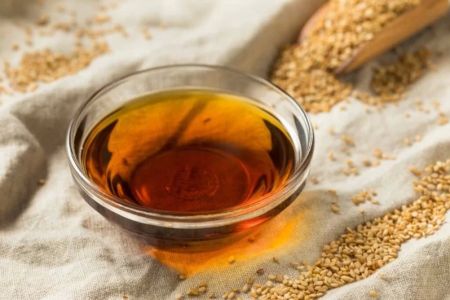Understanding the Essentials of Chinese Food Spices and Herbs
As a food enthusiast who loves exploring the intricate flavors of Chinese cuisine, I’ve often found myself intrigued by the wide array of spices and herbs used in various dishes. Chinese food is known for its bold flavors, and much of this complexity comes from the careful use of specific herbs and spices. Whether it’s the rich aroma of Sichuan peppercorns or the earthy depth of star anise, these ingredients contribute significantly to the flavor profile of many beloved dishes. In this article, I’ll take you through a journey of the most commonly used spices and herbs in Chinese cooking and provide you with a guide to enhance your cooking skills at home.
1. The Importance of Spices and Herbs in Chinese Cuisine
Chinese food is deeply rooted in history, with each region showcasing its own unique flavor profiles. From the hot and spicy cuisine of Sichuan to the delicate and balanced flavors of Cantonese cooking, herbs and spices play a crucial role in creating these distinct tastes. These ingredients are not just used for flavor; they also have medicinal properties in traditional Chinese medicine. For example, many herbs are believed to help with digestion or boost energy levels. Understanding how these spices and herbs work together can elevate your appreciation of Chinese food and inspire you to cook like a professional chef.
2. Key Chinese Spices to Know
Let’s dive into some of the most popular spices used in Chinese cooking. While this list is by no means exhaustive, it covers the essentials that every home cook should get to know.
Sichuan Peppercorns
Known for their unique numbing and tingling sensation, Sichuan peppercorns are a defining characteristic of Sichuan cuisine. They’re not spicy in the traditional sense, but rather provide a unique sensation called "má," which enhances the flavor of hot dishes. If you’ve ever had a spicy Sichuan hot pot or mapo tofu, you’ve likely tasted Sichuan peppercorns.
Star Anise
Star anise is a spice that has a sweet, licorice-like flavor. It’s a key component in Chinese five-spice powder and is often used in slow-cooked dishes, such as braised pork or beef stews. Its distinctive star shape makes it an easy spice to recognize, and its flavor adds a wonderful depth to broths and stews.
Cinnamon
Chinese cinnamon, also known as cassia, is stronger and more pungent than the cinnamon we’re familiar with in Western baking. It’s often used in braises and slow-cooked dishes, particularly in conjunction with other spices like star anise and cloves.
Cloves
Cloves are another key spice in Chinese cuisine, providing warmth and a slight sweetness. They’re commonly used in conjunction with cinnamon and star anise in braises and savory dishes, particularly in Chinese five-spice powder. Their strong flavor makes them an essential addition to many hearty stews and sauces.
3. Essential Chinese Herbs You Should Know About
Herbs in Chinese cooking are as varied as the spices, with many of them offering fresh, fragrant notes that complement rich, savory dishes. Here are some herbs that are commonly used:
Ginger
Ginger is an essential herb in Chinese cuisine, known for its sharp, slightly sweet, and peppery flavor. It’s used both fresh and dried, often added to stir-fries, soups, and sauces. It also has medicinal properties, believed to aid in digestion and reduce nausea.
Garlic
Garlic is another foundational herb in Chinese kitchens. Whether it’s stir-fried with vegetables or simmered in broths, garlic adds a fragrant, savory aroma to any dish. It’s used liberally in many stir-fried and braised dishes, and its boldness helps balance richer flavors like soy sauce and hoisin sauce.
Chinese Chives (Garlic Chives)
Chinese chives, also known as garlic chives, have a mild garlic flavor and are often used as a garnish or incorporated into dumplings, stir-fries, and soups. Their fresh, grassy taste makes them an excellent addition to dishes that need a bit of freshness and balance.
4. Blending Spices and Herbs in Chinese Cooking
One of the unique aspects of Chinese cooking is how herbs and spices are blended to create layers of flavor. For example, Chinese five-spice powder is a staple blend that includes star anise, cloves, Chinese cinnamon, Sichuan peppercorns, and fennel seeds. This five-spice powder can be used to season meat, vegetables, and even soups.
Another essential blend is curry powder, which is often used in Cantonese-style Chinese dishes. The combination of turmeric, cumin, and other spices makes it perfect for dishes like Chinese chicken curry, giving it that characteristic flavor that we all know and love.
5. Common Cooking Techniques That Enhance Flavors
When cooking Chinese food, the technique is just as important as the ingredients. Stir-frying is one of the most popular techniques, allowing for quick cooking over high heat, which helps preserve the natural flavors of the spices and herbs. Braising and simmering are also commonly used, especially when cooking meats with spices like star anise, cloves, and cinnamon, creating rich, aromatic broths that enhance the depth of flavor in your dish.
6. Experimenting with Herbs and Spices in Your Own Kitchen
One of the most enjoyable aspects of Chinese cooking is experimenting with different herbs and spices to create your unique flavor combinations. Whether you’re making a spicy Sichuan dish or a fragrant Cantonese braise, you’ll find that the balance of herbs and spices is key to achieving the authentic flavors you’re after. Don’t be afraid to play around with these ingredients to find the right balance that suits your taste.
Conclusion: Embrace the Flavors of Chinese Herbs and Spices
By understanding the role that herbs and spices play in Chinese cooking, you can begin to appreciate the depth and complexity that these ingredients bring to the table. The use of spices like Sichuan peppercorns, star anise, and cinnamon, combined with fresh herbs like ginger and garlic, forms the foundation of many beloved Chinese dishes. I encourage you to experiment with these ingredients in your cooking, bringing a touch of authentic Chinese flavor to your home kitchen!


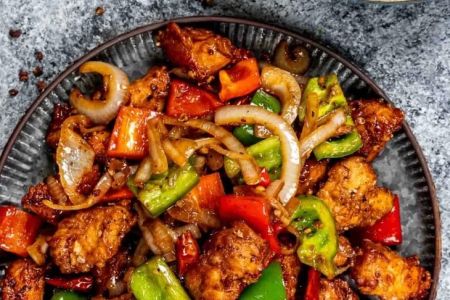
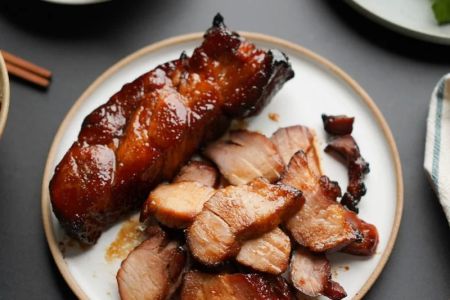
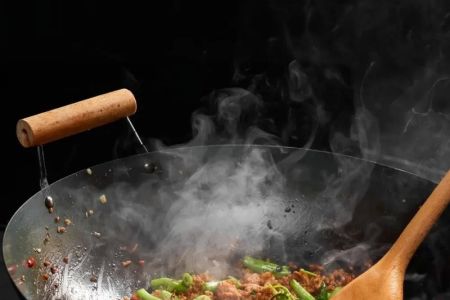
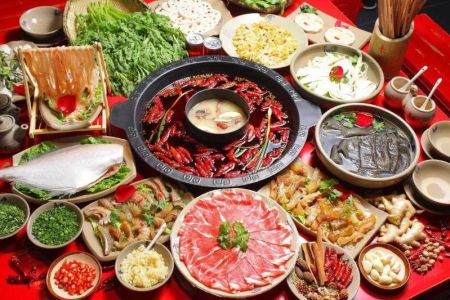
![Top Chinese Restaurants for Authentic Cantonese Cuisine in [Your City]](https://img.gochinarose.com/d33/2507/4157910400_450x300.webp)
